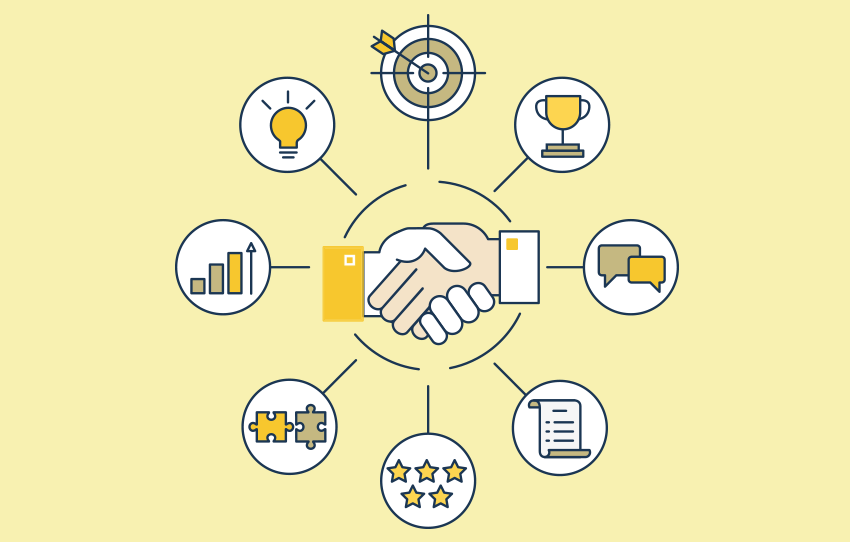
Back to (technology) Basics: CRM 101
Let's take it back to the basics - what is a CRM? CRM stands for customer relationship management, and it's a type of software that helps businesses, large and small, organize and manage their customers. We're answering a few FAQ's about CRMs, such as: what they do, why a CRM belongs in your business strategy and how it will benefit your business. Read on!
The basic function of a CRM is to help your business stay more organized by housing past and current customer data, customer and lead contact information, and lead lifecycle stages securely in the cloud, accessible by employees anywhere with Internet access. CRMs alleviate the external noise that other software can not, they moderate closing deals, and assist with lead generation and business development. If a CRM strategy is implemented correctly, all facets of business will run smoother and teams will operate much more efficiently.
Typically, CRMs are broken up into three modules of business, as follows:
-
Marketing
-
Sales
-
Customer Service
Marketing
This module is where the Marketing department can house all campaigns (like trade shows or drip email campaigns), activities, budgets, collateral, content (blog posts, newsletters, social campaigns) and company lead generation.
Sales
A place for your Sales team to implement all company processes, from business development to scheduling product demos and closing deals. Sales teams can manage their past, current, and future business, keep track of customer interactions (emails sent, phone calls made) and keep detailed notes about where leads are in the funnel. Customer Service
A CRM can be used as a tool to house and monitor all SLAs (Service Level Agreements) and keep detailed notes on current customer issues, FAQs, and how to solve issues that arise. Many businesses find this function convenient and most useful for their team while others prefer the Sales and Marketing capabilities solely. As most software goes, it just depends on the business model and the people using the software to deem which moving parts are most desirable.
A few CRM's you've probably heard of include Salesforce, SugarCRM, Zoho, Base, and our all time favorite, Hubspot.




